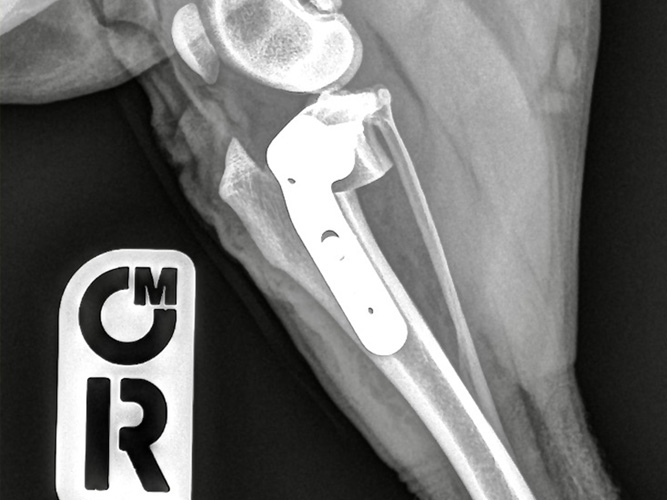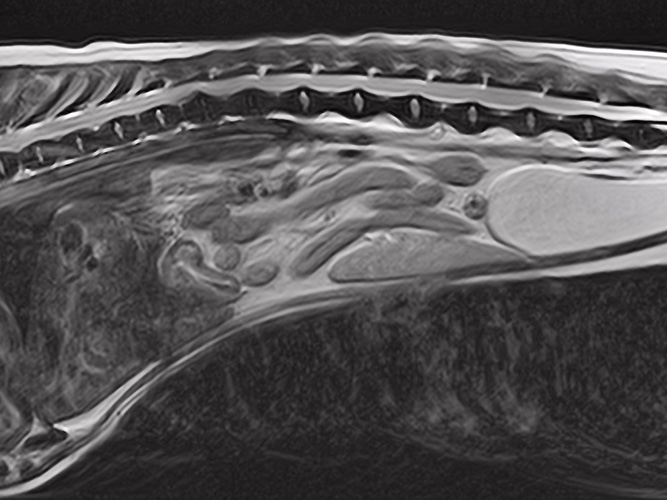Services - Medivet Dogwood Referrals
About Medivet Dogwood Referrals
Medivet Dogwood Referrals offers a variety of veterinary referral services and state-of-the-art equipment, as well as the latest medicines and therapies to diagnose and treat your pet’s condition. We aim to provide veterinary surgeons with high quality veterinary referral assistance for their clients and their pets.
If your pet is referred to us by your primary vet, you can rest assured that we will provide you and your pet with the best care possible.




